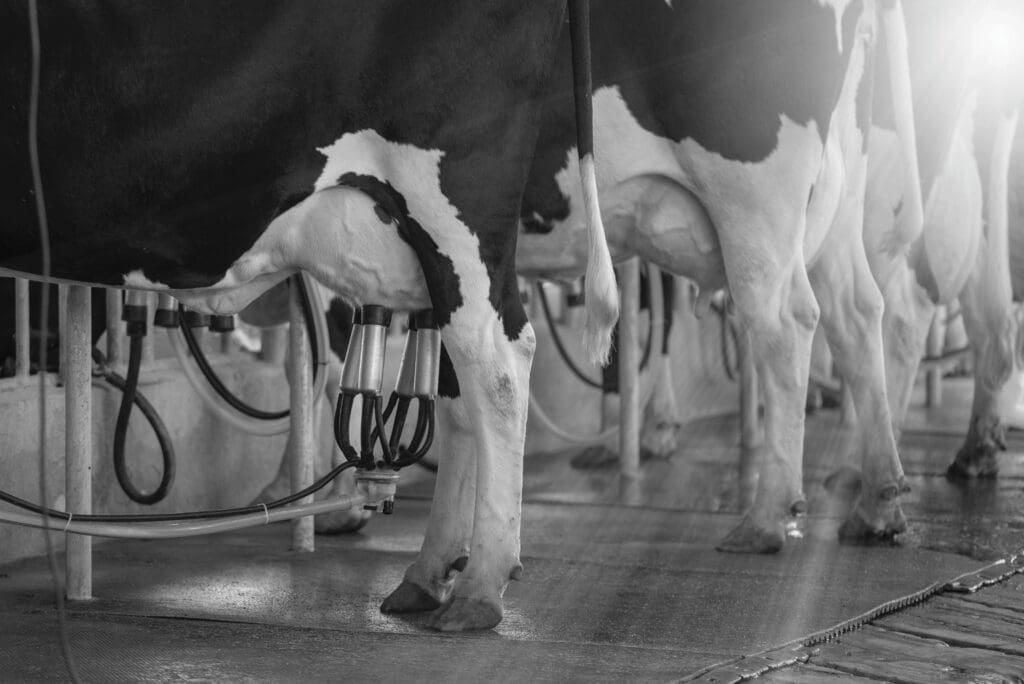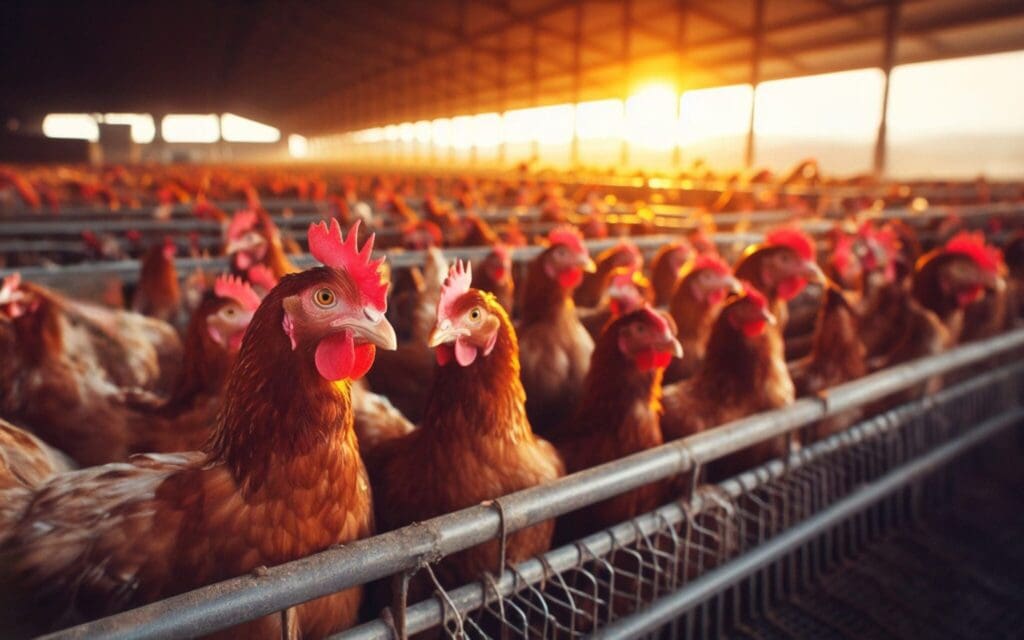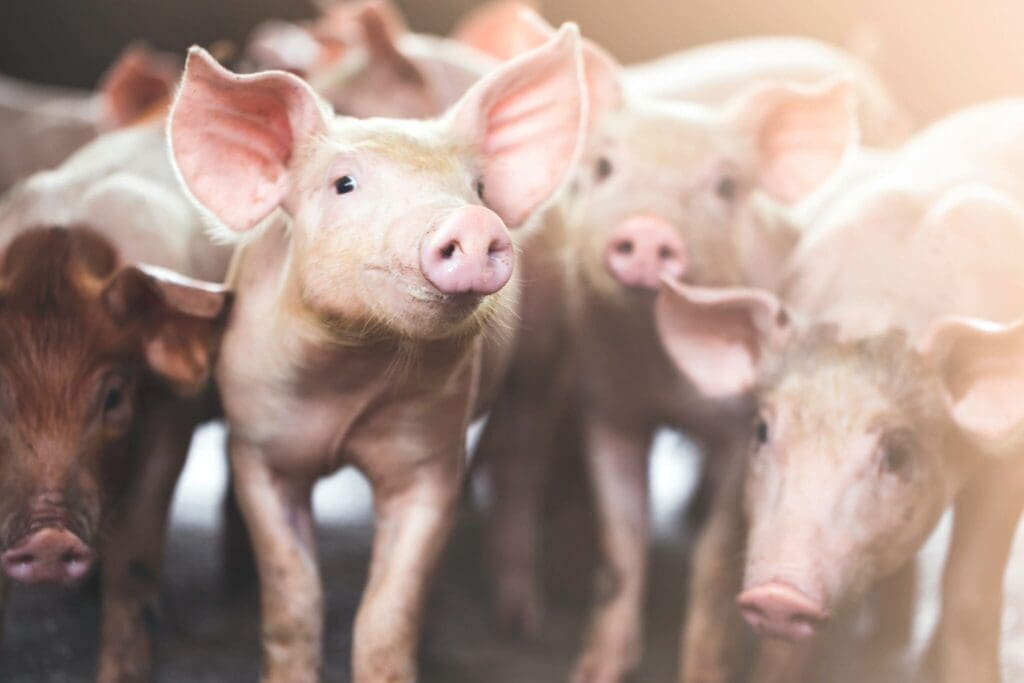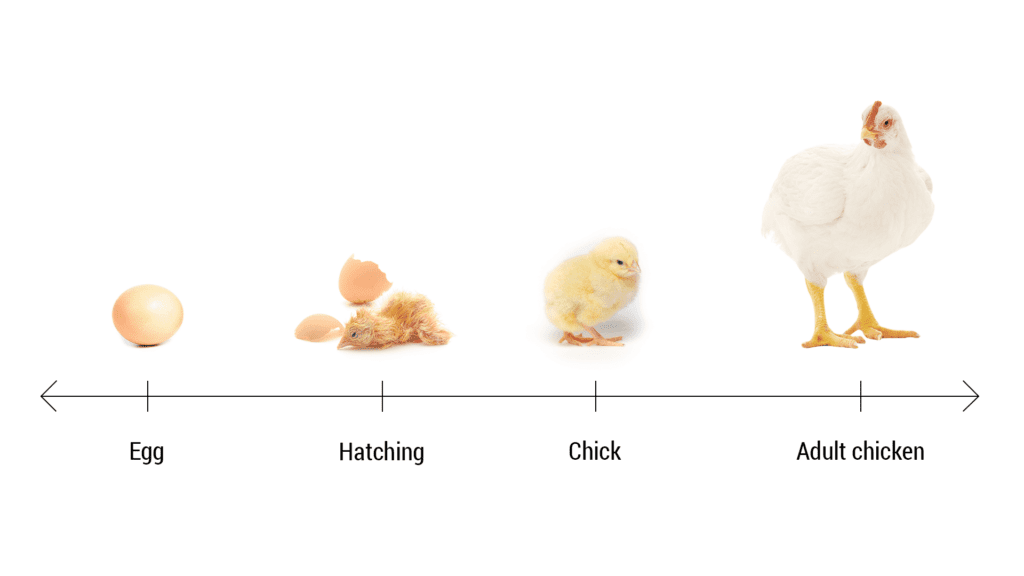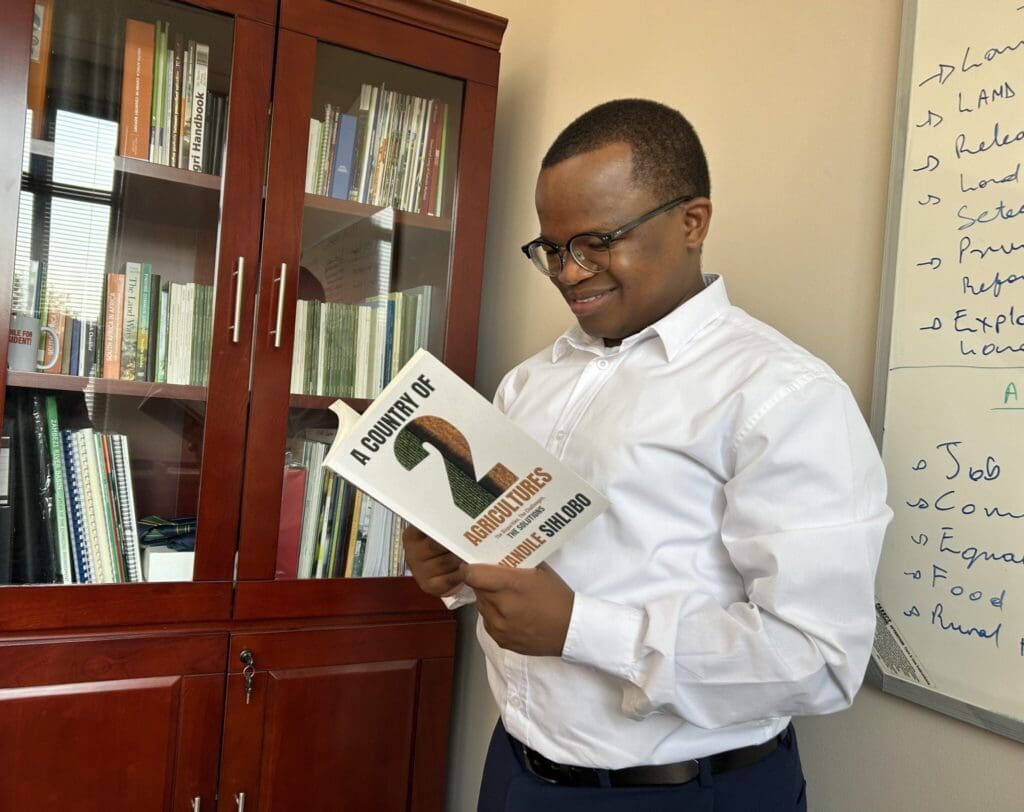Wandile Sihlobo, chief economist of the Agricultural Business Chamber of South Africa (Agbiz) and author of Finding Common Ground: Land, Equity & Agriculture (2020), has released his latest book, A Country of Two Agricultures: Exploring Disparities, Addressing Challenges, Seeking Solutions. In this work, Sihlobo takes a measured approach to shed light on the enduring divide within South Africa’s agriculture sector, even as the country approaches its third decade of democracy.
A Country of Two Agricultures strives to offer a balanced perspective, highlighting the challenges while also presenting practical solutions. Sihlobo endeavours to help readers understand the complex web of factors that perpetuate this divide. The book explores the intricate interplay of domestic political economy and external influences, all while shedding light on emerging risks and opportunities.
Sihlobo characterises South Africa as a nation with two distinct agricultural sectors. On the one hand, there is a subsistence-focused, primarily non-commercial, black farming segment, while on the other, a predominantly commercial, well-resourced, white farming sector with access to domestic and international trade networks. With a thoughtful analysis, the author aims to unravel the reasons behind this division and explore potential paths toward unity.
To understand these disparities, Sihlobo looks into South Africa’s history, where black farmers endured marginalisation, land dispossession, and livestock losses. He also acknowledges the role of other factors such as inefficient government support, poorly structured financial assistance, bureaucratic delays, and environmental challenges in maintaining the gap between commercial agriculture and subsistence farming.
Moreover, A Country of Two Agricultures offers insights into the role of agriculture in South Africa’s economy from an agricultural economy perspective. Sihlobo’s analysis incorporates political economy insights gleaned from the experiences of farming communities and their involvement throughout the agricultural value chain.
Beyond merely outlining the disparities, this book calls for action. It provides a pragmatic framework for empowering the black farming segment, enhancing their competitiveness, and ultimately boosting food security. It is a valuable resource for governments, the private sector, and anyone interested in improving South Africa’s economic landscape.
“A Country of Two Agricultures serves as a reminder of the importance of informed analysis and the pursuit of a more productive agricultural future for South Africa. The point about the weakness of institutions comes up several times in the book. This is a critical aspect that the government should prioritise. It should strengthen the land reform delivery instruments and do more with the establishment of the Land Reform and Agricultural Development Agency that has already been announced by the president.”
Terry Wiggil, managing director of Chemuniqué.
When it comes to land governance in South Africa, Sihlobo states that one possible way to unlock the country’s agricultural potential is by implementing tradable land rights or title deeds, alongside investments in infrastructure and collaborations with the private sector at the farm level.
Chemuniqué empowers feed and food producers with the most innovative animal performance solutions, enabling our clients to consistently advance the efficiency of production.
